As Brandon Forbes completed his deadline day switch to Norwich City, the reaction of Dundee United supporters could be broadly categorised in two camps.
Fury. Another youngster sold before the fans could enjoy their development. After two appearances – and one brilliant goal on his debut – the teenage forward is whisked down south. What is the point?
Pragmatism. Those Arabs who, while hardly jumping for joy, accepted that £300,000 was a decent fee for an 18-year-old whose progress could still either soar or stall, particularly as he entered the final year of his contract.
However, the common themes – the over-arching talking points – were much bigger than Forbes, who was only on the books at Tannadice for a year.
What is success for a youth academy as English teams raid Scottish clubs for the most precocious kids? Early transfer fees or first team appearances? And, if it is the latter, how do they ward off interest from south of the border?
Senior football vs sustainability
New United academy director Scott Allison is clear from the outset.
“There is nothing better than getting young, homegrown players into the first team,” he tells Courier Sport. “We ALL want to see these boys playing for Dundee United. That is incredibly high on our agenda.”
Nevertheless, he is not naïve.
The impact of Brexit – precluding English Premier League sides from picking off the cream of European youth stars – means that Scotland is being scouted aggressively and incessantly.
Forbes departed. As did Kerr Smith. Owen Stirton has admirers down south. Alan Domeracki has trained with Liverpool. Jamie Forrest – a Scotland U/16 debutant in the recent Victory Shield – is being monitored by an English Premier League side.
This is far from unique to United.
“Sustainability is a factor, and we need to be realistic about that,” adds Allison. United have spent upwards of £5 million on the academy since Mark Ogren’s ownership started in 2018.
“If a player has the option to continue their pathway somewhere else – and it is their desire to do that – then, so be it. If the club is given the recompense due for that, then it’s something you need to factor into the overall strategy.
“There are realities of football that you need to accept sometimes.”
Allison: England can ‘swallow up’ kids
But while United are in no position to put up a financial fight if one of England’s moneyed outfits knock on the door – turning heads of players, agents and family – Allison won’t succumb to helplessness.
The Terrors will seek to present a different carrot.
“If we have a robust, provable pathway, then hopefully players WANT to be at United,” continued Allison. “All you can do in a competitive market is to make our environment as attractive as possible to young players.
“I can speak to players and families on this, from experience. I’ve worked with the U/18s in the professional development phase at Nottingham Forest and a lot of players will go down there and get swallowed up.
“In Scotland, if you are 19, 20, 21 and are good enough, then you should be playing 50 to 100 games by the time you are 21. Whereas, in England there is a U/21 league. Most 21-year-olds are still playing in that.
“It comes down to individual choice. Do the players want to get first team experience early or play age group football in another country? With my experience in England, hopefully I can give the right advice.”
How do United get better at creating senior stars?
Oiling the pathway from gifted teenager to senior star is occupying Allison’s mind as he gets his feet under the table at United, having succeeded Paul Cowie earlier this month.
A timely talking point, with a recent SFA study lamenting the modest number of homegrown U/21 players enjoying regular minutes in the Premiership.
“The transition between academy football and first team football across the country is a focus,” Allison continues. “What can we do within that age group of 16 to 21? That’s a big question for us.”
Asked whether he has an answer to that “big question”, he continues: “We need to create an individual journey for every single player. Everyone is different, and we need to plot the best way to get them into the Dundee United team.
“Some might need to go out on loan; a couple of boys might accelerate a bit quicker and be ready for the first team. Do they need physical development? More technical work? A bit more work on mentality and personal growth?
“It’s easy to say: there’s a young player who isn’t ready, in terms of his physical development. Well, what are we doing for his athletic development? Are we providing the correct resources, facilities and plans to address that?
“If there’s another player who is physically excellent, but needs more work on game understanding, let’s ensure we have the support in place for more analysis and learning.”
Creating physically ready players
Athletic development is brought up several times during a wide-ranging conversation with Allison. It should come as no surprise, given he was most recently employed within an English Premier League academy at Nottingham Forest.
The comparative lack of physicality within Scottish age groups compared to their English counterparts has long been commented upon.
Allison believes that CAN be addressed without the riches, vast staffing levels and elite facilities that the big guns enjoy.
“The biggest difference I can see from what we do in Scotland is the athletic development,” he continued. “The game in England is much more focused on that, and game intelligence of the players as well.
“We’ve got some plans in place that I’ve brought back from Forest, in the field of athletic development.
“From my own experience in England – and America, where they place a big focus on physical development due to their multi-sport activities – the boys were in the gym doing something EVERY day. Or at least something athletic based.
“Scotland’s focus is maybe too much towards solely football.
“I want to look at the volume of work the players are doing – with and without the football – and ask whether they are doing the same amount as other athletes in different environments.”
Allison: We are looking at everything
Those could be considered the most eye-catching bullet points. The headlines.
But Allison’s ambition is broader. He speaks of relationships with clubs abroad to allow United’s coaches to embark on fact-finding missions, ensuring kids – to the youngest age group – get the best sessions.
He wants a sense of pride in representing United and the city of Dundee, a focus on education, a positive relationship with the Dundee United Supporters Foundation and further improvements to their Foundation Park base.
It is a busy, ambitious in-tray.
Under Andy Goldie, United’s youth academy was rebuilt from a state of relative disrepair, gaining Scottish FA elite level status. Cowie kept the train on the track. Now Allison wants to kick things up a gear.
Allison adds: “We are looking at everything, with a view that we want to improve absolutely everything and drive forward with a modern, forward-thinking academy.”
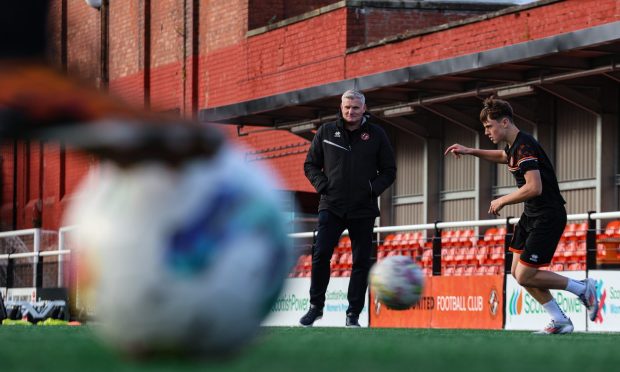
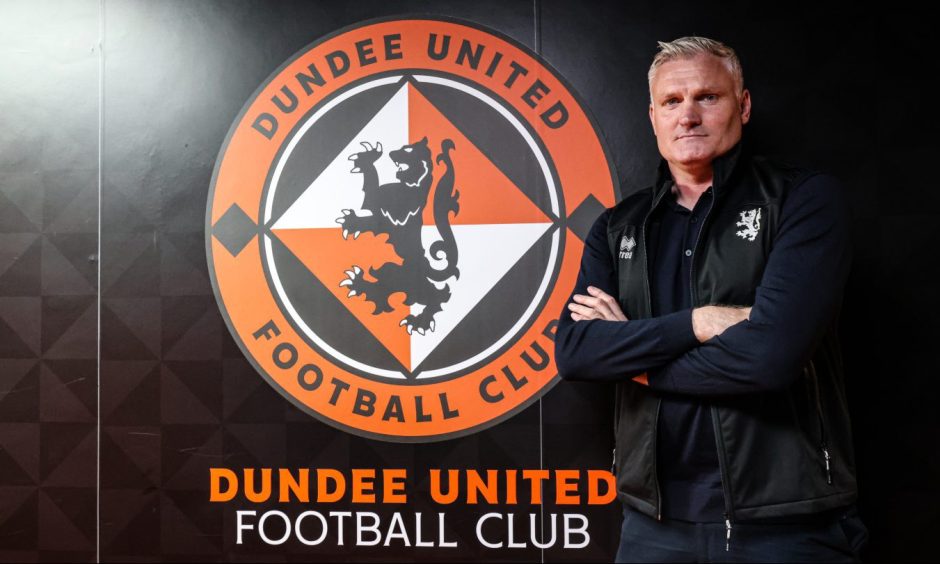
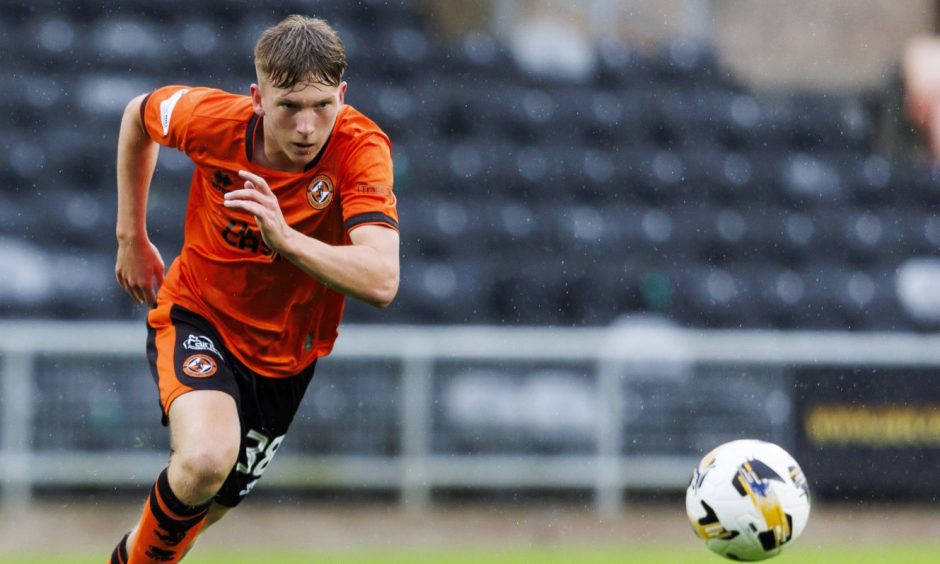

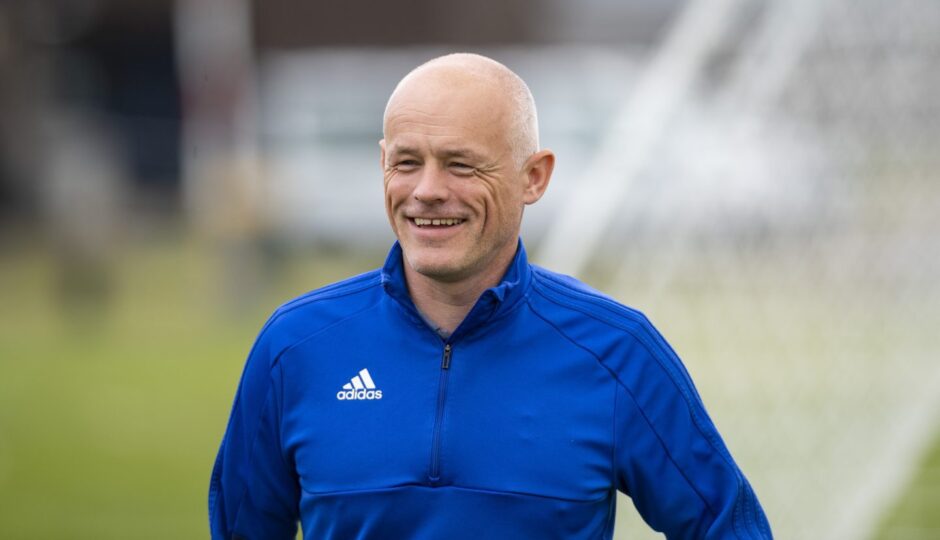

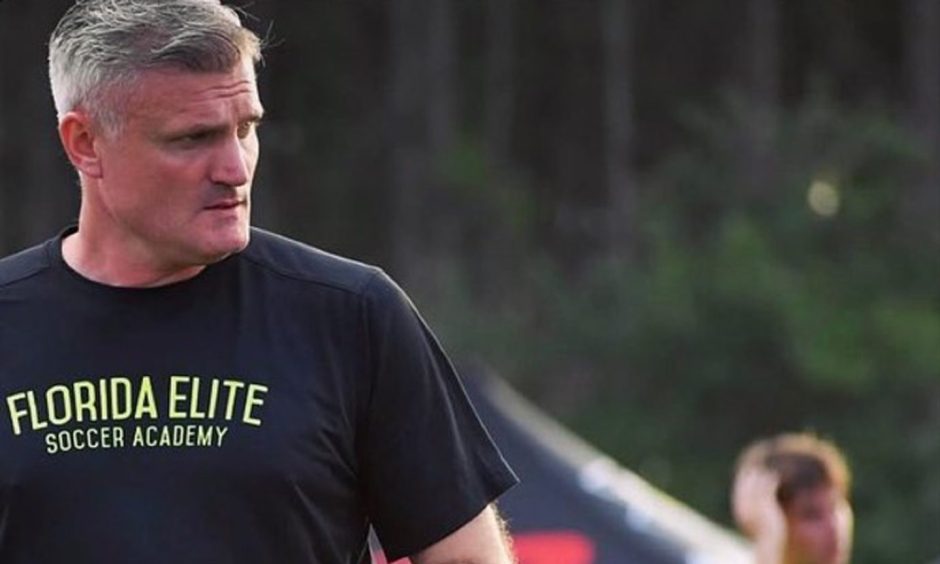
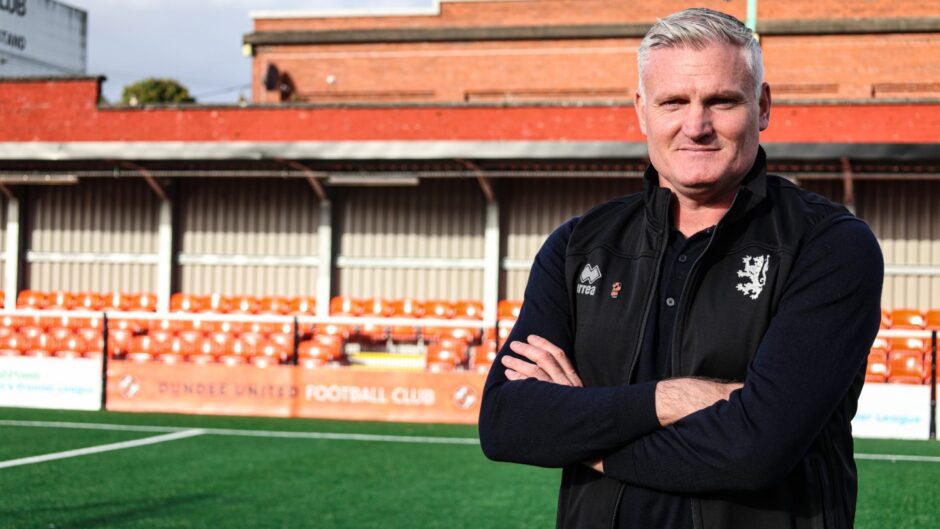

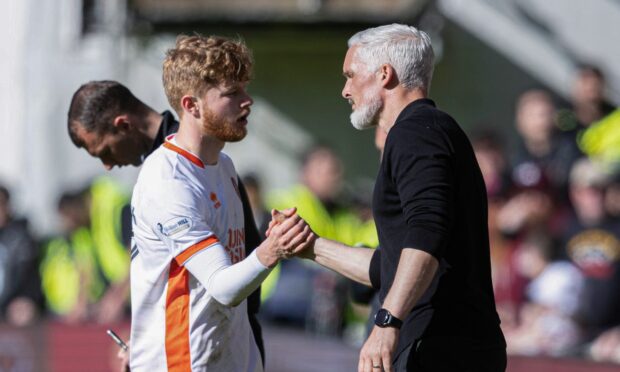

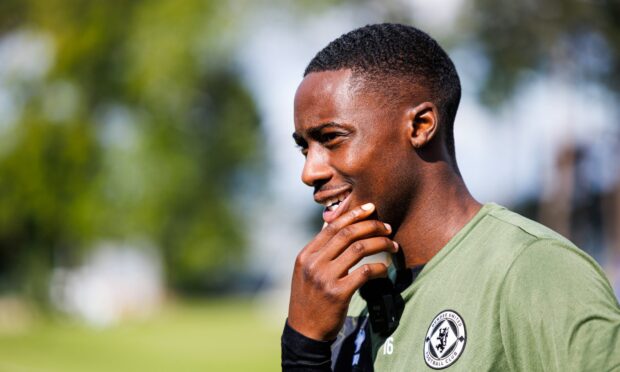
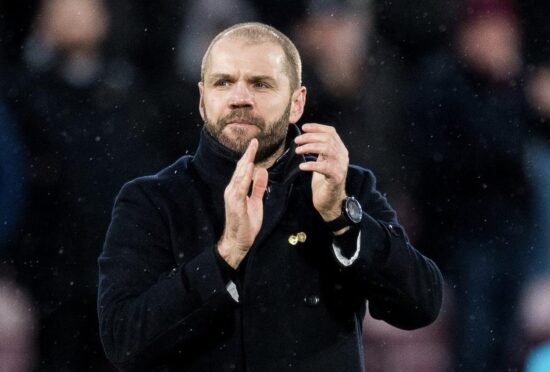

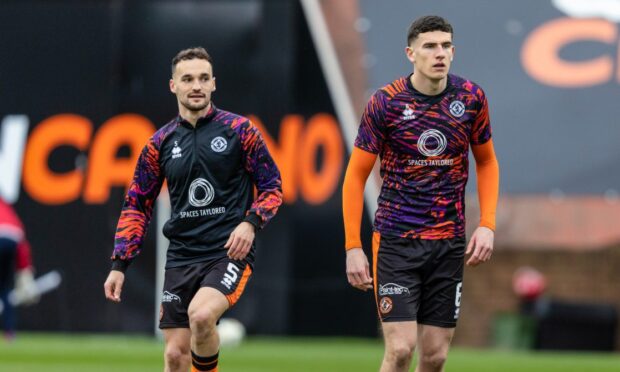
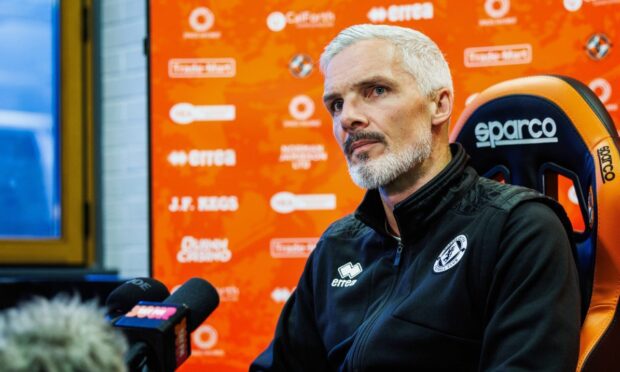
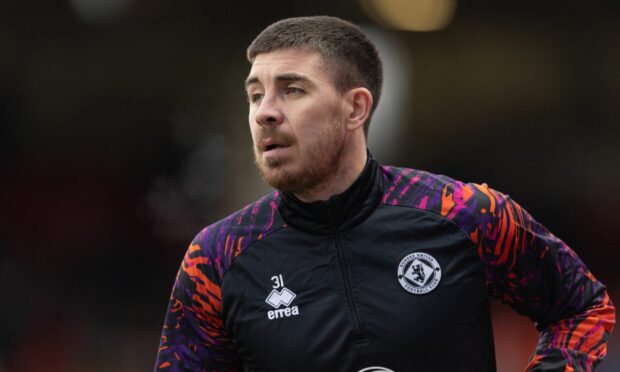
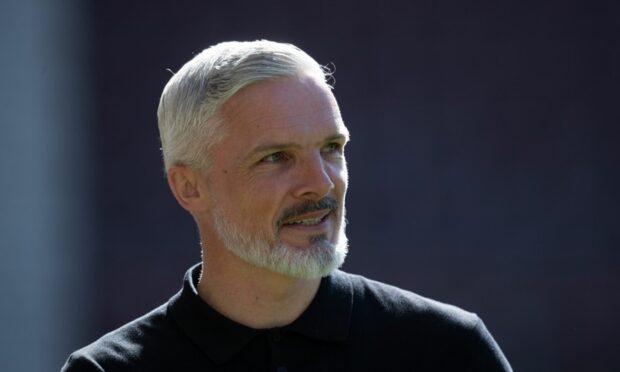
Conversation